Tara’s Tuesday Tips:
Guide to Frozen Vegetables (Myths + Methods!)
What do you do when you don’t have access to fresh vegetables? Not eat vegetables? Nope! Go for frozen! Let’s sort through the myths in this guide to frozen vegetables and most importantly, correct any mistakes you are making when it comes to preparation! Lettuce go!
Why Choose Frozen Vegetables?
Fresh-picked, farmers market or back yard garden-grown vegetables are the preferred way to eat your veggies. But remember, frozen vegetables are better than no vegetables at all.
I keep lots of frozen vegetables in our freezer here in the MVF kitchen. I find that frozen vegetables give me a wider variety of vegetables that I may not have access to at certain times of the year. Especially now during the pandemic. Some of my favorite frozen vegetables to keep stocked up on are corn, edamame, cauliflower rice, and even spinach. Frozen vegetables are budget-friendly, super convenient, and can be a time-saver on busy days. They are also are much easier to stock up on!
Fruits and vegetables harvested for freezing are typically picked at peak ripeness. Within a few hours, they are washed, blanched, cut, and frozen. No added chemicals are used in this process giving them this edge over their fresh counterparts. There is a slight loss in nutritional content during the blanching process but not much. Even better, the antioxidant properties are found to remain intact with blanching. When comparing nutrient to nutrient with fresh vegetables, nutrients are lost with fresh vegetables too. Fresh vegetables go through a long transportation and storage period on their way to our grocery stores. The longer these time periods are, the more nutrient loss that takes place for these “fresh” veggies.
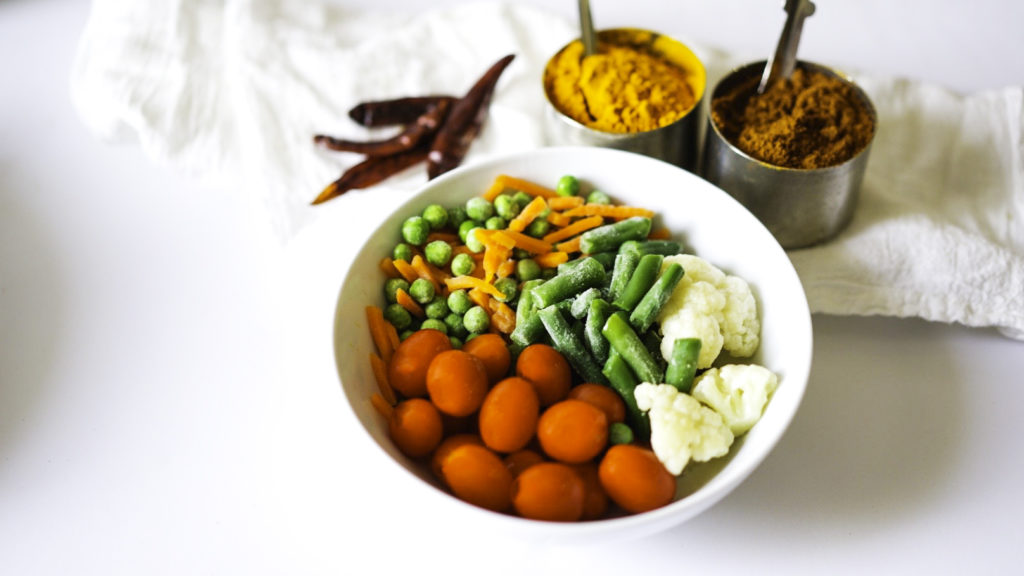
Common Frozen Vegetable Mistakes + How To Avoid Them:
- You treat them all the same. Stop doing that! All veggies are unique in their own way. For example, a bag of corn can be taken out of the freezer, run under some warm water and eaten or tossed into Fresh Corn Salsa or Vegetable Korma. However, you would not want to do that with a bag of brussel sprouts.
- Not accounting for the extra water. Frozen veggies hold extra water. This can be a perfect scenario for soup or stew. One example is in this Easy Vegetable Curry. However, it can be a deal-breaker if you want to use frozen mushrooms or spinach on top of a Vegetable Pizza. In this case, you need to thaw and drain your veggies thoroughly.
- Adding water when steaming vegetables in your microwave. Steamed vegetables in a microwave can be a cook’s best friend in a pinch. However, they can turn out like a soggy mess if you are not careful. They don’t need extra water when cooking. Place your frozen veggies in a deep class bowl, cover and cook for 4-6 minutes but check them every 2 minutes to see if they are getting too soggy. Don’t add extra water, they have enough on their own!
- Always using your microwave. Kitchen gadgets have come a long way since the introduction of the microwave into every kitchen in America. The microwave can be an awesome tool for thawing and steaming. That is about where it ends with frozen vegetables + your microwave. Branch out, you won’t be sorry.
Are you treating fresh and frozen vegetables the same?
- Cooking frozen veggies for the same amount of time as you would their fresh counterparts. For example, a thawed bag of broccoli needs a lot less time to incorporate in a stir-fry then a chopped head of fresh broccoli. When I use frozen broccoli in a stir-fry, I thaw the broccoli first, run it under very hot water, and toss it in the wok or pan with hot stir-fry sauce over the last 1-2 minutes.
- You don’t try new options. There are so many! In addition, they make life very easy. I love frozen riced cauliflower. Typically, I am a everything-from-scratch kind of girl BUT cauliflower rice that is already riced for me is a total game changer. I always keep a few bags in our freezer. How about butternut squash or artichoke hearts? Yes, please! These also make life a lot easier in a pinch without sacrificing nutrients or quality.
- Not draining the water in spinach. Thaw + drain! Please!!! This is a key step! Follow my recipe here for How To Saute Frozen Spinach. This one is on repeat in the MVF kitchen 💚
- Waiting too long to eat them. Frozen vegetables are safe to eat for up to 12 months if they are consistently stored at zero degrees Fahrenheit. However, the sooner you eat them the fresher they will be. When frozen in a fresh state, that state isn’t halted it is just slowed down. The longer they sit, the less flavor, texture, and color they will have.
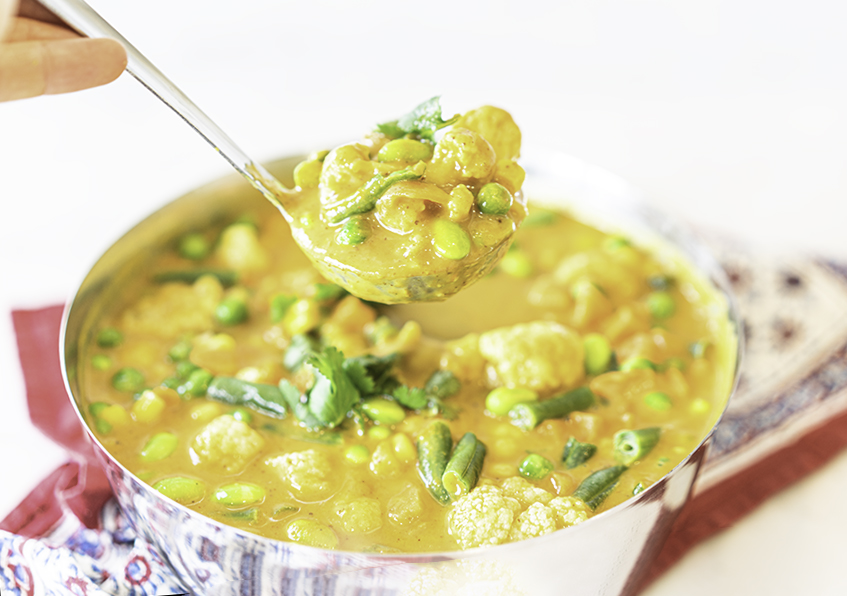
To Sum It Up
As I write this Guide to Frozen Vegetables, we are amid the Coronavirus Pandemic. Things are weird. Grocery stores are empty, fresh produce is hit or miss, and even the freezer section is a treasure hunt. Can we go out? Should we go out? Is the delivery service choosing the best produce for my family just like I would? Some things to think about …
In my opinion, cook what is available! Fresh or frozen. Both have their advantages. Unless you have an abundance of fresh food growing in a garden in your yard, relying on frozen vegetables is not a bad thing. You save time, money, trips to the store (or deliveries), and might actually get access to a vegetable you otherwise wouldn’t have. Here in the MVF kitchen, we rely on both fresh and frozen vegetables in our everyday cooking. We carrot live without vegetables! Remember my tips and myths above and you will romaine calm!
Stay Safe + Healthy 💚 All the best,
Tara 💚
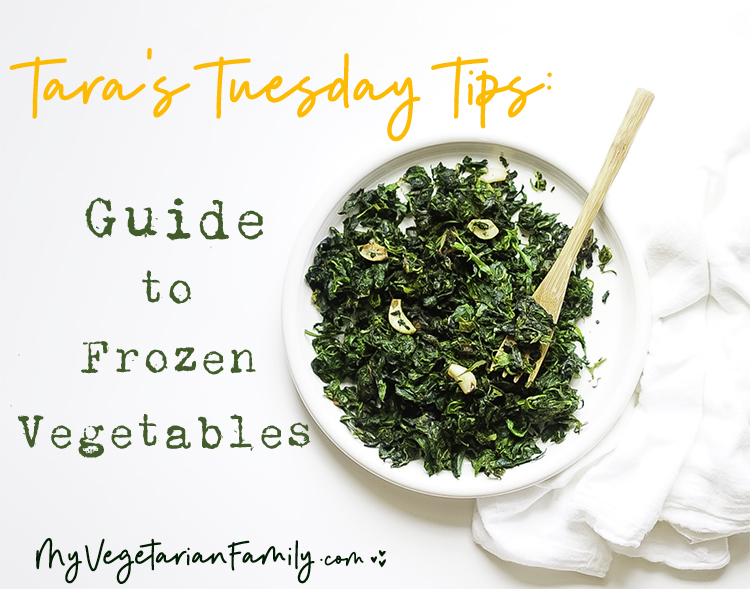
❤Do you have other Frozen Vegetable Tips? Leave a comment below! We love comments
📸I love to see your creations! Follow me on Instagram @myvegetarianfamily and hashtag it #myvegetarianfamily
💌Be sure to subscribe here to my weekly emails for tips and recipes so that you never miss a veggie thing!
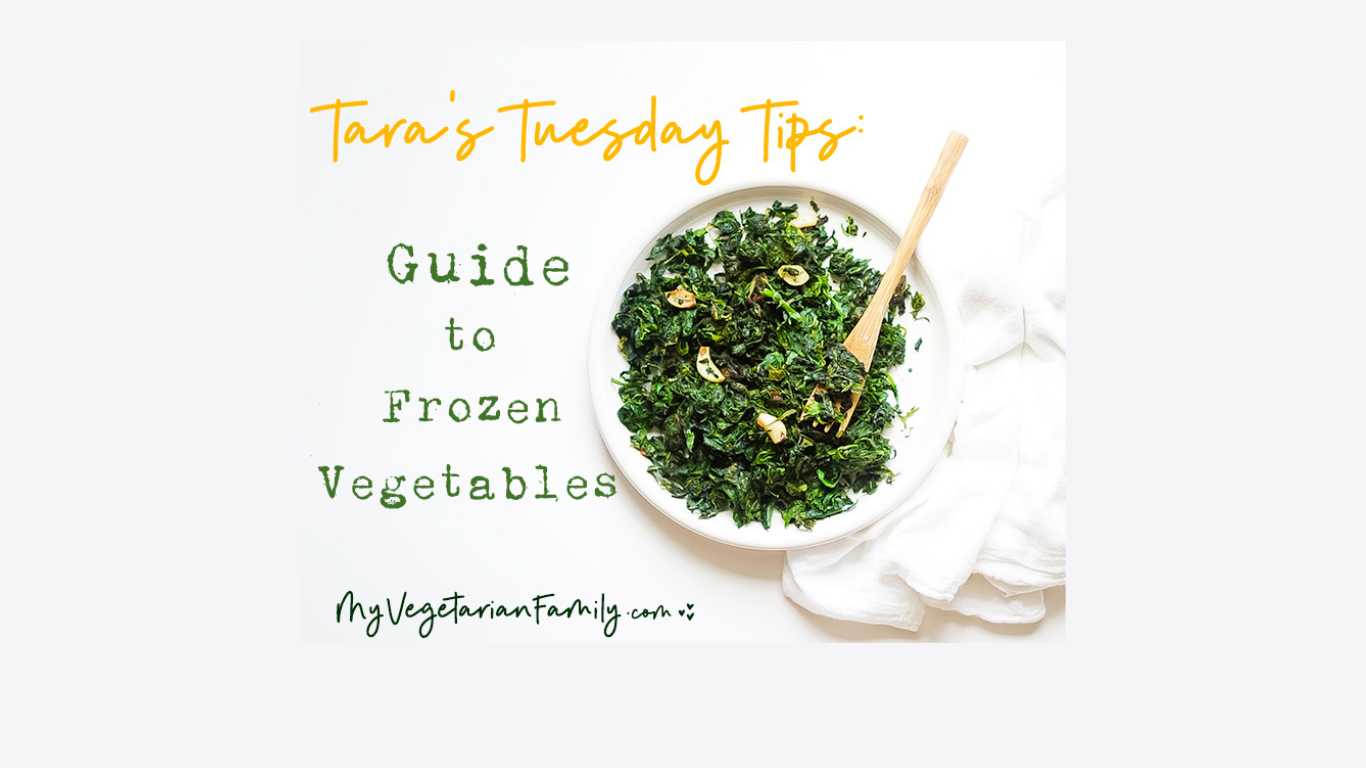
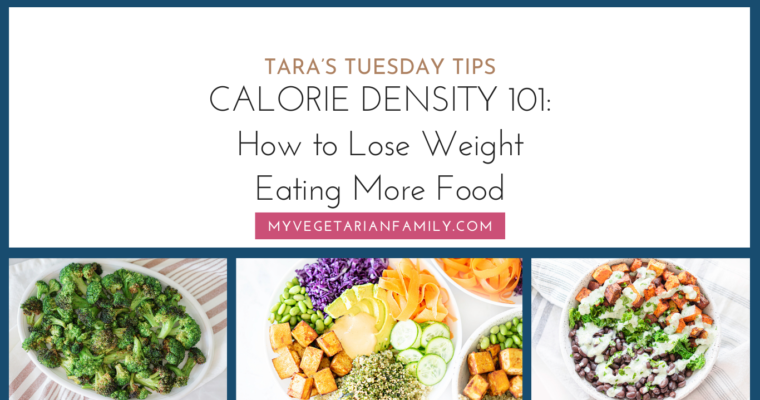
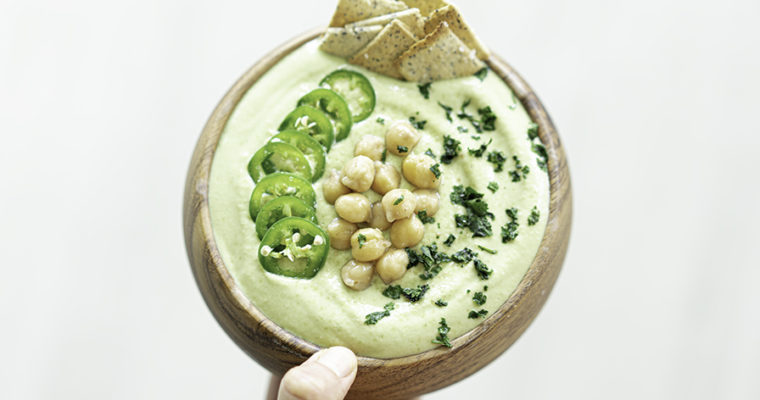

5 thoughts on “Guide To Frozen Vegetables (Myths + Methods!)”